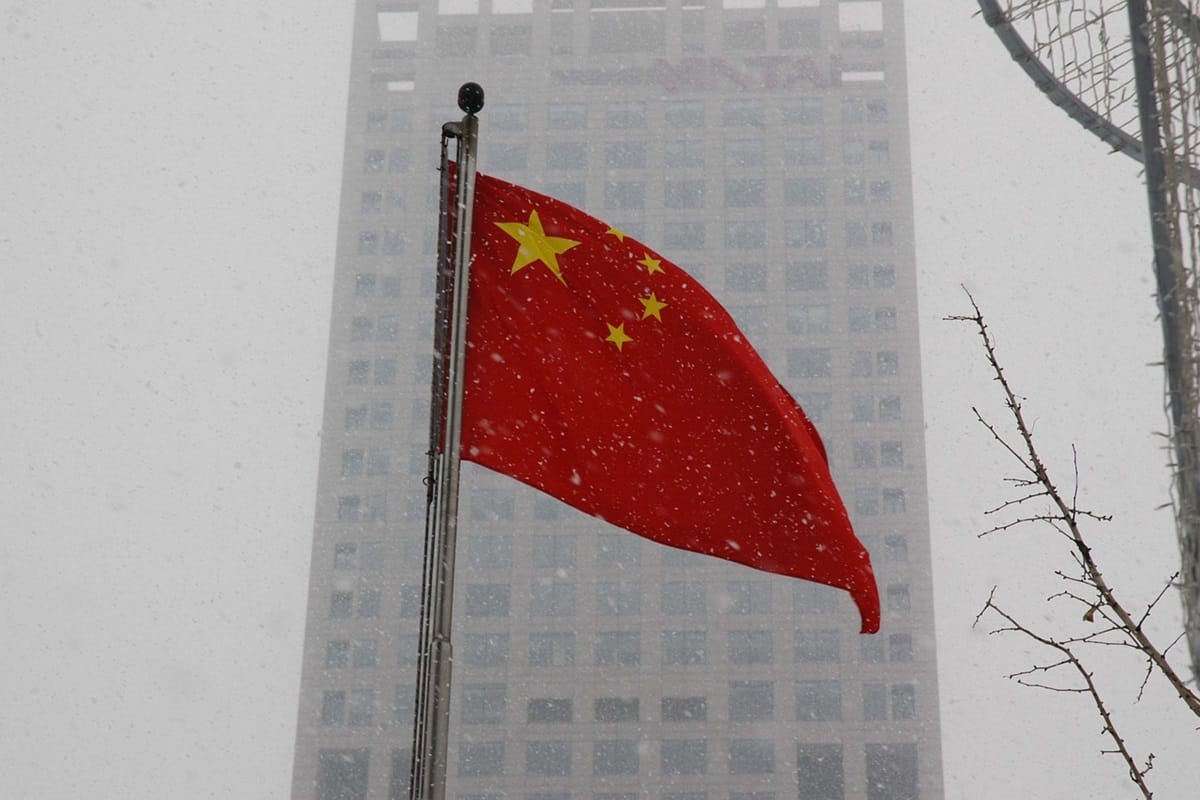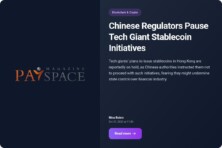The People’s Bank of China announced a deep cut in bank reserves on Wednesday, January 24.

As a result of the mentioned changes made by the financial regulator of the Asian country to the banking system will be injected about $140 billion in cash. This action will be a large-scale and significant measure to support the Chinese economic system, the current state of which many experts describe as fragile. Also, the injection of cash into the banking system will have a beneficial effect on the stock markets of the Asian country, which show a trend of consistent decline.
The decision of the central bank of China became known at the moment when the financial markets of this state were closed for the day, led to a bounce in benchmark stock indexes and the yuan.
The People’s Bank of China reported that since February 5, the amount of cash that financial institutions must keep as reserves will be reduced by 50 basis points. This cutting is the biggest over the past two years.
The governor of the People’s Bank of China, Pan Gongsheng, announced that this week the financial regulator will publish a policy concept to improve lending conditions for commercial real estate. This statement became something like a signal for investors who were frustrated with Beijing’s efforts to draw a line under the real estate sector.
The first reduction in the standard of banks’ reserve requirement ratio accrues against the background of the current state of affairs in the second-large world economy which cannot be characterized as positive. Nowadays, Beijing is trying to ensure an acceptable rate of economic growth. Last year, there were massive expectations that China’s economic system would demonstrate a rapid recovery after the end of the coronavirus pandemic. However, these expectations were not fulfilled. Currently, China’s economic system is facing challenges such as the crisis in the real estate sector, debt risks of municipal authorities, and a drop in global demand for products manufactured in the Asian country.
China’s benchmark indexes have reached 5-year lows. This happened against the background of the fact that even the most optimistic investors, who expect clarity on the prospects for the recovery of the Chinese economy, seem to be disappointed in the $9 trillion market.
Chris Shikluna, head of economic research at Daiwa Capital Markets in London, said the change in the Peoples Bank of China decision is long-awaited, but it does not change the rules of the game. According to the expert, there is currently no understanding of the degree to which the structures of the Asian country will combine to support the market and start buying shares.
The stock markets of Hong Kong and China stabilized a little on Tuesday, January 23, on reports of a cabinet meeting chaired by Prime Minister Li Qiang devoted to stabilizing markets and state investment mechanisms.
Xu Tianchen, senior economist at the Economist Intelligence Unit, says the reserve requirement ratio cut is evidence that the People’s Bank of China will stick to loose monetary policy during the current year.
As we have reported earlier, China Strategist Shaun Rein Warns of Deflation.









